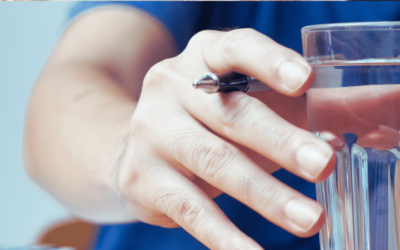To help reduce the volume of waste produced by your household, you can start a compost pile! Compost is a soil-like mixture of organic matter and a lively set of microbes that help the decomposition process. Typically made up of yard trimmings, food waste and mulch, compost will drastically improve the health of your plants and soil.
Getting started
You’ll want to keep your compost in an easy-to-access location that is protected from the wind.
You have several options for the type of outdoor bin you will use. Some opt for a simple pile kept in the corner of their yard. Others choose a purpose-designed compost bin purchased from a hardware store i.e. Bunnings or Mitre 10. Always consider how much waste you’ll be dealing with before settling on your choice.
It’s a good idea to keep a small bin inside too. A small composting bin kept under the kitchen sink can be used to collect food scraps. Remember to regularly empty into the outside bin!
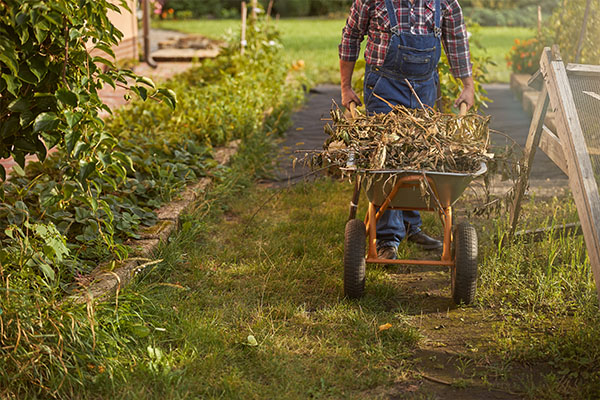
What can and can’t be composted
Some materials can be composted, while others are typically considered harmful.
Materials that can be composted; Fruit, vegetables, eggshells, coffee grounds and filters, tea bags, nuts, shredded newspaper, paper, cardboard, grass clippings, houseplants, leaves, cotton and wool, and hair and fur.
Materials that can’t be composted; plastics, glass, metals, coal or charcoal ash, dairy products, fats, grease, meat or fish bones, animal droppings, and yard trimmings treated with chemical pesticides.
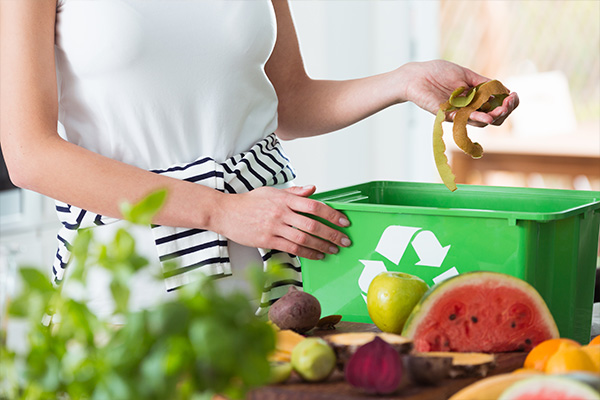
The process
The composting process is truly fascinating as it starts to work! Microbes will begin feeding on the materials in your compost, leading to a rise in temperature in your bin.
Continue to add compost to your pile. To speed up the breaking-down process, turn the pile and mix contents with a pitchfork or shovel. This will help to keep your compost aerated.
Compost can be made in as little as a few months. When the ingredients in your container have turned into a dark brown, earthy smelling material, the process is complete!
Remember, the smaller your waste is, the faster it will break down.
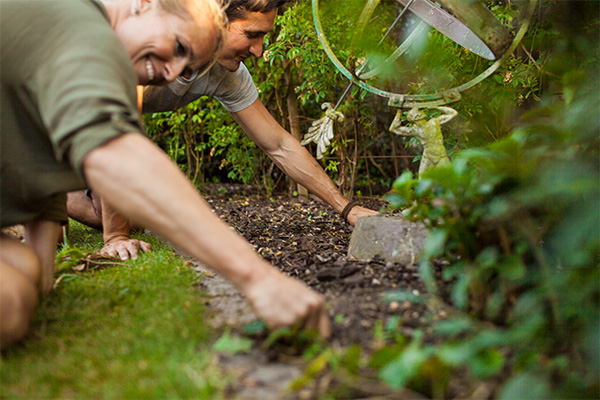
The fruits of your labor
The benefits of composting don’t just help your garden, they help the planet!
Using compost around your yard improves soil quality and plant health, helps to save water through better retention, and fights diseases/pests.
Don’t just sprinkle it around your yard, work 1-2 inches of compost into the top 3-5 inches of soil around your plants. It’s hard to hurt plants with too much, so be generous when applying!
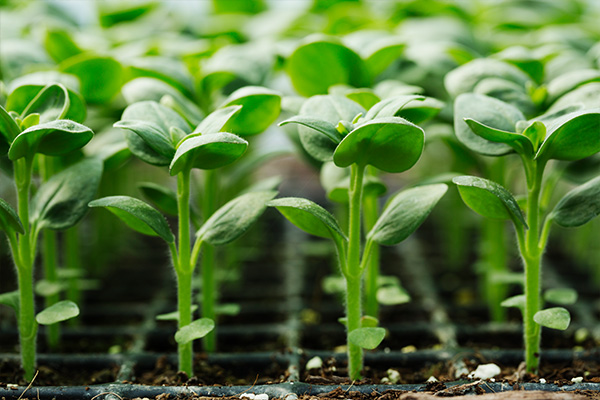
Read here to learn more about green and brown layers to improve the quality of your compost over time.
Are you a gardener? Have you been composting for some time? Reach out and share your experience with us!


